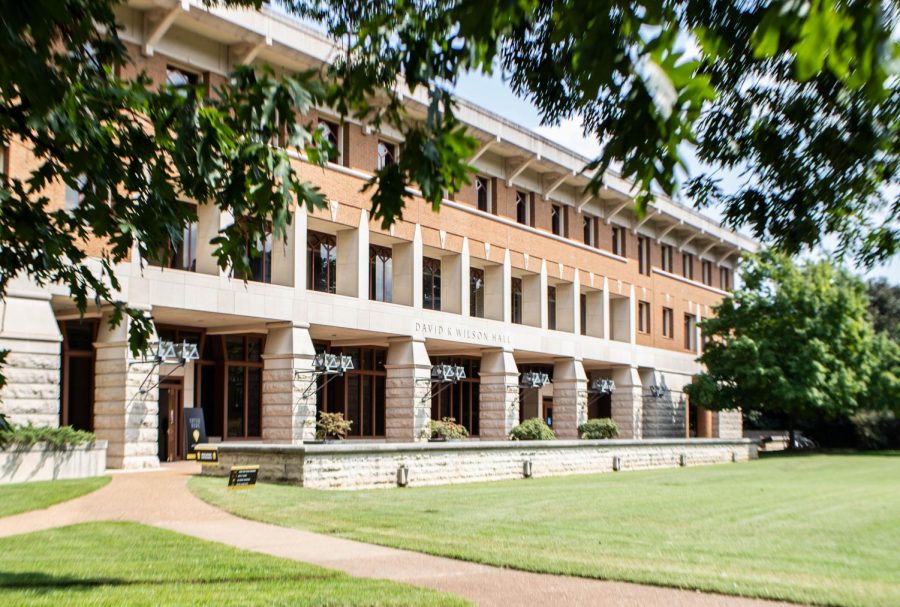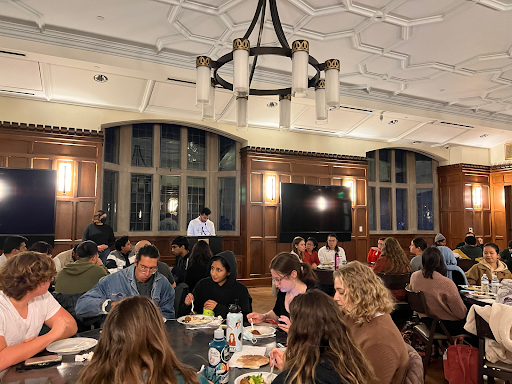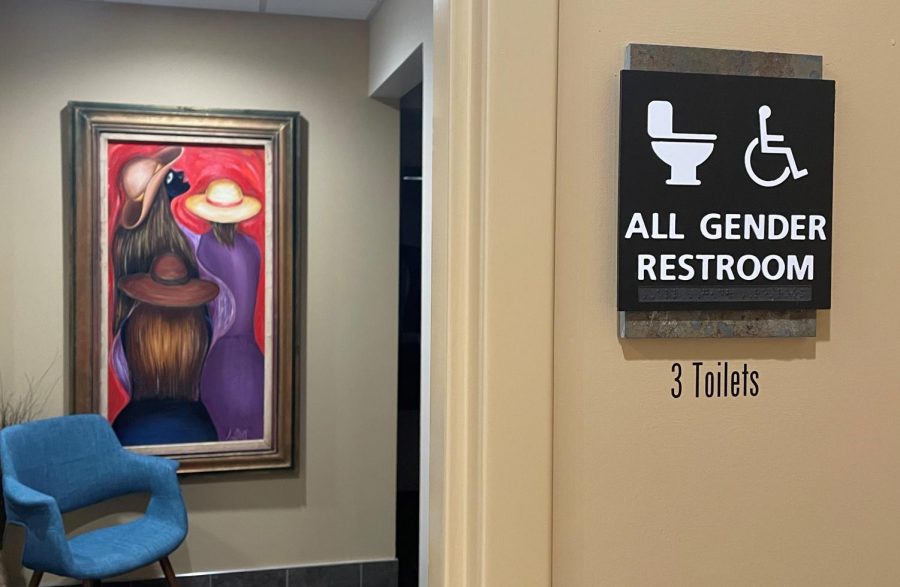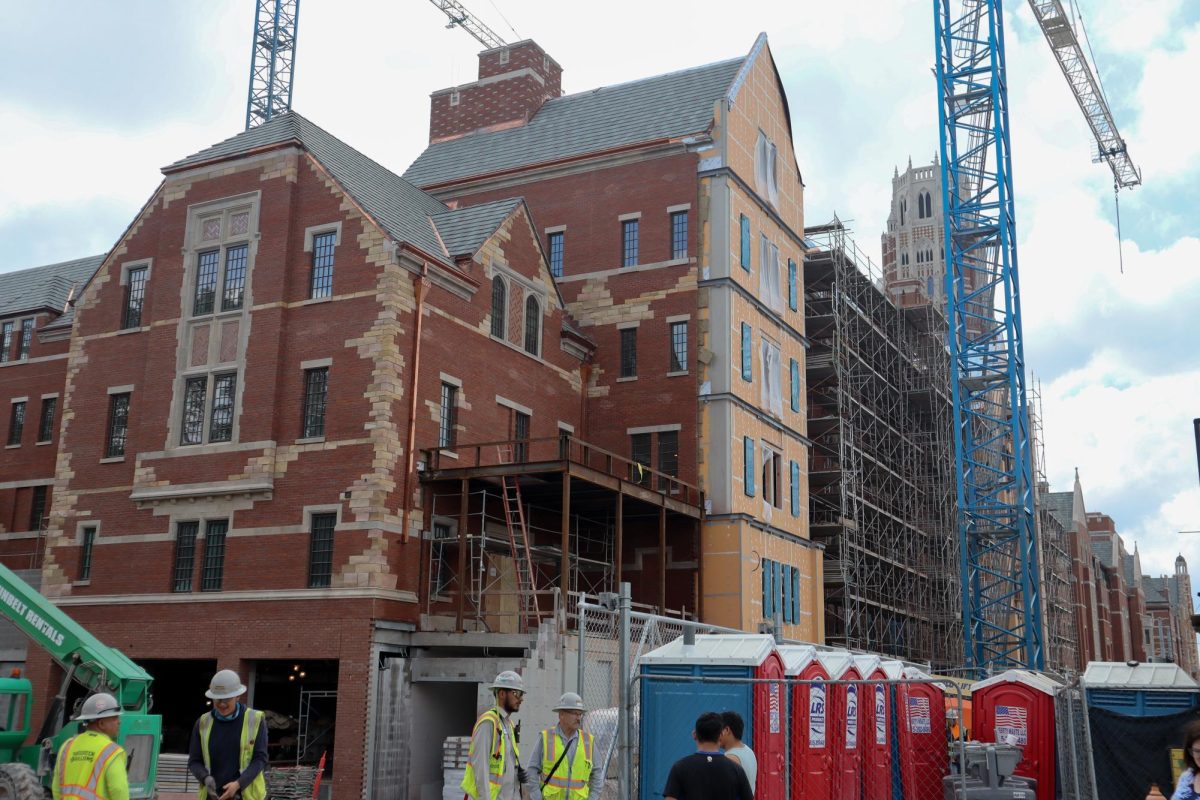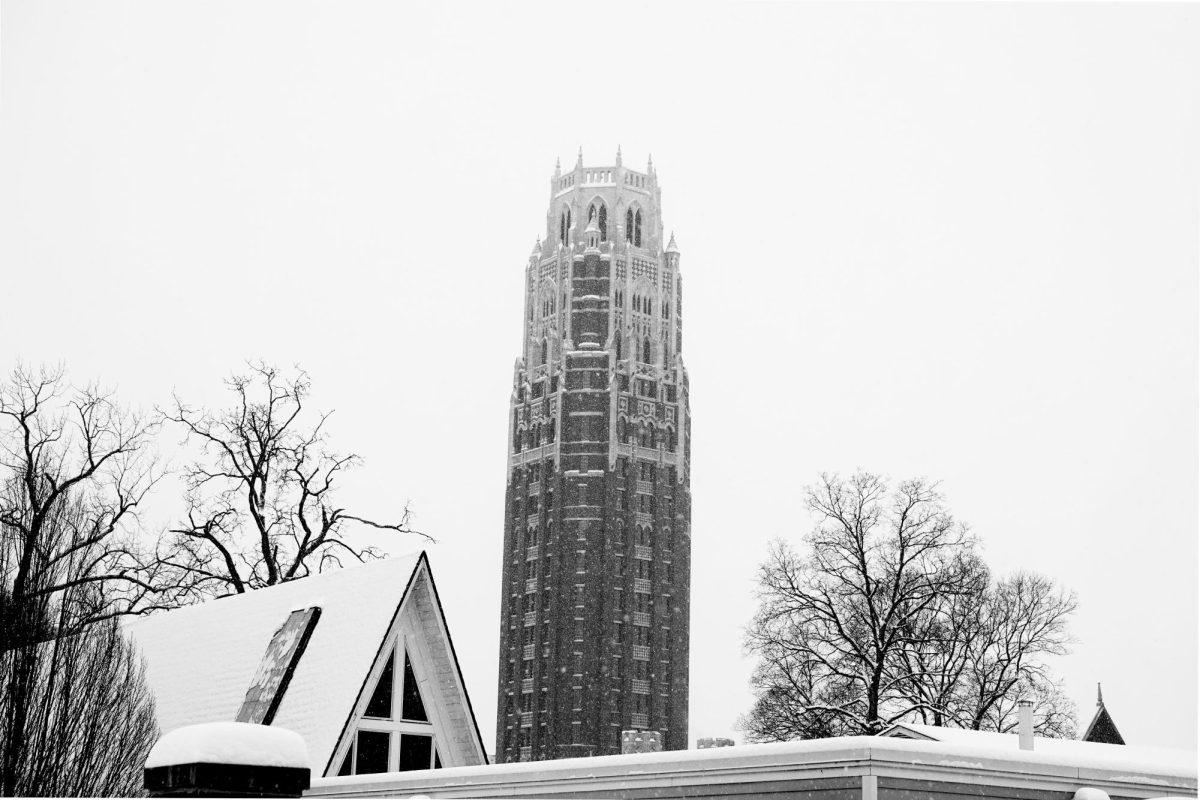This story has been updated to include recent input from Vanderbilt administration.
On April 29, members of the Vanderbilt Lambda Association’s activism committee released a campus-wide petition urging for more accessible all-gender restrooms in academic halls. The petition was distributed in tandem with a student protest held at Wilson Hall on April 30. As of publication, the petition received 455 unique signatures.
The organization, which advocates for the welfare of Vanderbilt University’s LGBTQ+ community, cited that the lack of all-gender restrooms is both a challenge to transgender and gender nonconforming (TGNC) students, breaching the university’s nondiscrimination policy.
“While many newer buildings, and a few older buildings, have at least one all-gender restroom, many of them are ADA inaccessible or are an inconvenience to use due to its location,” the petition states. “Vanderbilt University clearly treats TGNC students as a lower class than cisgender students when it comes to restroom availability, adversely impacting their ability to participate in classes.”
Sophomore Ray Kongmanychanh, a member of Lambda’s Large Events Committee, echoed the petition’s statements.
“Using the bathroom should not be something nerve-wracking and potentially harmful. Being able to use the bathroom is a basic human right,” Kongmanychanh said. “Vanderbilt needs to help alleviate the health disparity between its cisgender and transgender students.”
The issue was first brought up to Lambda’s board members when a member of the organization reported that they had to travel to a different academic building while in class to use an all-gender bathroom.
“Towards the end of fall semester last year, a student in our GroupMe brought up the fact that there are no all-gender restrooms at Wilson,” incoming Lambda president Bleu Gray said. “They would have to walk all the way from Wilson to Furman in order to use the restroom.”
Gray also added that there is a substantial increase in the number of people who require the comfortability of an all-gender restroom in the past decade.
“Even if it wasn’t intentional that there was a lack of all-gender restrooms, there’s no excuse for there not being any anymore,” Gray said. “The issue is putting money into remodeling or making bathrooms into all-gender bathrooms in previously existing buildings. It seems to be willful ignorance on the topic.”
In the petition, Lambda outlined three ways that Vanderbilt can create a more inclusive environment for TGNC students: building new restrooms, renovating existing restrooms and/or re-labeling and repurposing existing restrooms. The petition also indicated that the Black Cultural Center (BCC) sets an excellent example for constructing accessible all-gender restrooms as every bathroom on the building’s first floor is all-gender.
“Moving forward, we are really going to pressure administration to do something—and that is a lot easier said than done,” Gray said. “It requires more impactful protesting [and] working together to make sure that admin knows that we are not backing away from this issue. A lot of the time, they [administration] rely on the semester ending and my goal is to keep the momentum going.”
Gray is confident that Lambda’s movement resonates with the student body.
“The difference between this movement and previous movements—not to discredit any previous movements—is that it comes at a time where a lot of students [are] engaging in reorganizing the way that administration runs campus, kind of putting power back in student leaders and student activism,” Gray said. “I’m tired of administration looking over us and not taking us seriously, and I feel that happens all too often for marginalized populations. I think [the] administration will have a rude awakening when we open up in the fall.”
In a May 21 email to The Hustler, a university spokesperson stated that accessibility and inclusivity drive campus renovations and new building layouts.
“Currently there are approximately 200 gender-inclusive restrooms available across campus and more will be added through upcoming capital projects,” the email read. “As we continue to make these improvements, feedback and recommendations from members of our community are always welcome, and are considered as part of our planning and our practices.”

